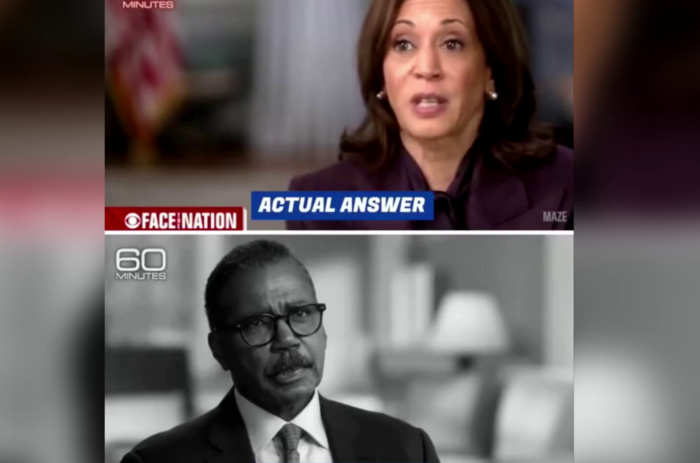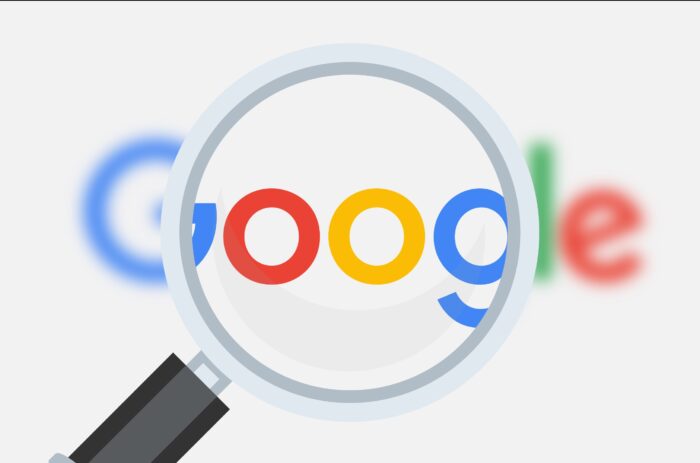redo Jump to...
print Print...
Directions
-Read the excerpt below from the December 15th "Best of the Web" post by OpinionJournal.com's editor James Taranto.
-Read "Types of Media Bias" in the right column. Then answer the questions.
…the Times of London reports that Al Gore seems to be making stuff up:
Mr Gore, speaking at the Copenhagen climate change summit, stated the latest research showed that the Arctic could be completely ice-free in five years.
In his speech, Mr. Gore told the conference: “These figures are fresh. Some of the models suggest to Dr. [Wieslav] Maslowski that there is a 75 per cent chance that the entire north polar ice cap, during the summer months, could be completely ice-free within five to seven years.”
However, the climatologist whose work Mr Gore was relying upon dropped the former Vice-President in the water with an icy blast.
“It’s unclear to me how this figure was arrived at,” Dr. Maslowski said. “I would never try to estimate likelihood at anything as exact as this.”
The Associated Press reports on Gore’s statement without bothering to mention that Maslowski says they’re poppycock. …
Read the original post at OpinionJournal.com. (Scroll half way down the page to “The Blair Standard.”)
To accurately identify different types of bias, you should be aware of the issues of the day, and the liberal and conservative perspectives on each issue.
Types of Media Bias:Questions
1. What two types of bias is the excerpt an example of?
2. Why do you think the AP left out the fact that the scientist Al Gore quotes to back up his claim denies that he made the claim?
Scroll down to the bottom of the page for the answers.
Answers
1. The excerpt is an example of omission and spin. Omission – by omitting Dr. Maslowski’s denial of Al Gore’s claim, readers are led to believe that Mr. Gore is relaying the evaluation of data given to him by a climate expert. Spin – by leaving out Dr. Maslowski’s denial of Al Gore’s claim, the readers are led to believe that Mr. Gore is using data from an expert on climate science to prove his claim.
2. Opinion question. Answers vary.



